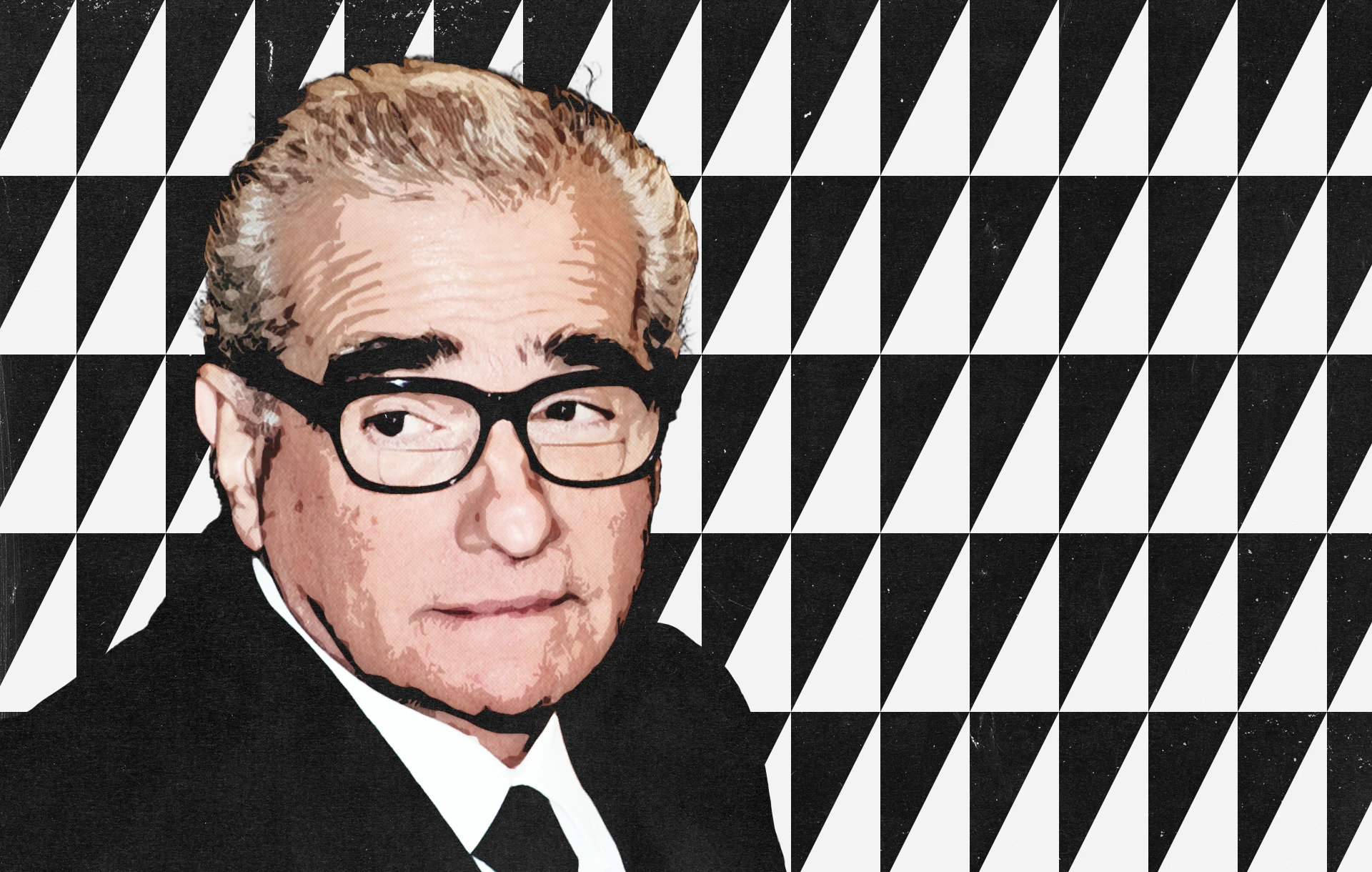Martin Scorsese is widely regarded as one of the most influential directors in the history of cinema. From a game of poker in Casino to a long dialog scene in The Irishman, he has left a massive impact on filmmaking with his unique style, thematic depth and meticulous attention to detail.
Scorsese’s Passion for Cinema Developed at an Early Age
He was born in 1942 in New York City and grew up in a working-class Italian-American family in the Little Italy neighborhood.
Scorsese spent a lot of his youth attending film screenings and enrolled at New York University’s Tisch School of the Arts, to hone his skills in filmmaking. He soon began producing short films which showcased his talent. The breakthrough came with the release of his feature film Mean Streets in 1973.
This gritty, character-driven drama was set in the streets of his own home patch of Little Italy. It introduced many of the themes and techniques that would come to define his style. It also marked the beginning of a long collaboration between himself and actor Robert De Niro.
Over the Years, Scorsese has Directed an Impressive Range of Films Across Various Genres
His filmography includes Taxi Driver (1976), Raging Bull (1980), Goodfellas (1990) and The Departed (2006). More recent successes include The Irishman in 2019 and the latest, Killers of the Flower Moon.
All these films are known for their compelling narratives, dynamic camerawork, intense performances and exploration of themes such as violence, identity, morality, and the human condition.
Scorsese is also a passionate advocate for film preservation. He co-founded The Film Foundation in 1990, dedicated to the restoration and preservation of classic films. As well as being actively involved in mentoring and supporting emerging filmmakers, sharing his expertise with the next generation of talent.
With numerous accolades, including an Academy Award for Best Director for The Departed, Scorsese continues to be a driving force in the film industry.
Here are Some Key Styles and Methods that Define his Filmmaking:
Intense Character Studies
Scorsese creates complex, multidimensional characters who grapple with their inner conflicts. He delves deep into the psyche of his characters, exploring their flaws, desires, and struggles. Scorsese brings these characters to life.
Stylistic Visual Approach
He employs a range of techniques to tell stories, including striking camera movements, inventive editing, and vivid cinematography.
His use of long tracking shots, quick cuts and slow-motion sequences can convey the characters’ state of mind or heighten the tension in a scene.
Dynamic Editing
Scorsese’s editing style is known for its fast pace and seamless integration of music. He often uses rapid cuts and montages to create a sense of energy, while his use of music adds another layer of emotional depth.
Exploration of Themes
His films often tackle themes like violence, guilt, redemption, identity and the human condition. He presents a morally ambiguous world where characters struggle with their own demons and confront the consequences of their actions.
Collaboration with Actors
Scorsese has a longstanding collaboration with Robert De Niro and he has worked extensively with Leonardo DiCaprio and Harvey Keitel. Scorsese has an ability to elicit outstanding work from actors.
Martin Scorsese’s legacy in Hollywood is already significant and some aspects are likely to endure for generations:
Artistic Excellence
Scorsese’s body of work showcases an unwavering commitment to artistic excellence.
His films have been celebrated for masterful storytelling, technical craftsmanship and exploration of human nature.
Influence on Filmmaking
Scorsese’s impact on the craft of filmmaking has been immense.
His innovative techniques, bold storytelling choices and meticulous attention to detail have influenced countless filmmakers; with work that’s shaped the language of cinema and inspired a new generation of directors to push the boundaries.
Preservation of Film Heritage
His dedication to film preservation is also a vital part of his legacy. He has played a pivotal role in restoring and preserving classic films, ensuring that they are accessible to future generations.
His efforts have helped raise awareness about the importance of preserving cinematic history and safeguarding the legacy of films from around the world.
Mentorship and Advocacy
Scorsese has been heavily involved in mentoring and supporting emerging filmmakers. He has often spoken about the need to protect the art of filmmaking in the face of evolving technology.
Cultural Impact
Scorsese’s films have made a lasting impact on popular culture. His iconic works like Taxi Driver, Goodfellas, and The Wolf of Wall Street have entered the collective consciousness to become cultural reference points.
In summary, Martin Scorsese’s Hollywood legacy ranges from his artistic brilliance, his influence on filmmaking, his commitment to film preservation, his mentorship and advocacy to his enduring cultural impact.
His contributions to cinema have solidified his place as a revered figure in the industry and will continue to inspire and shape the future of filmmaking.




